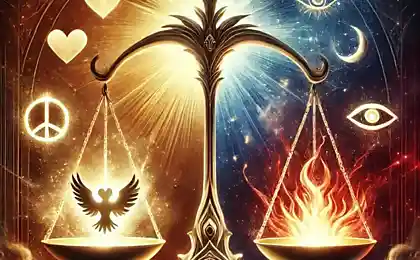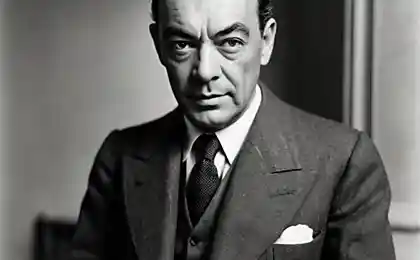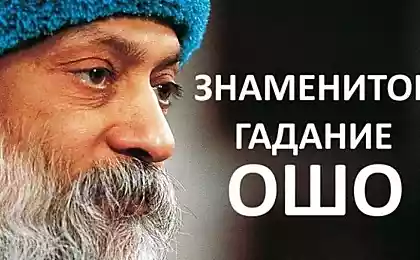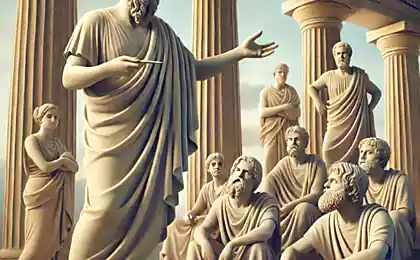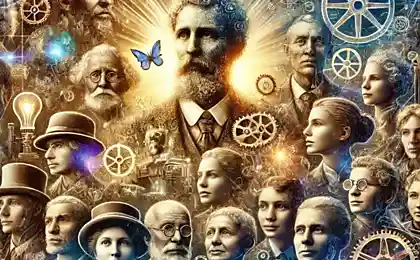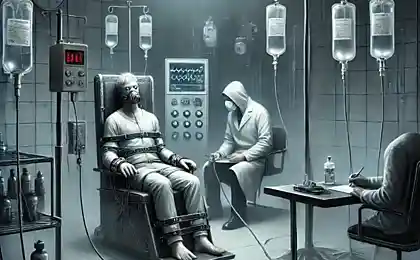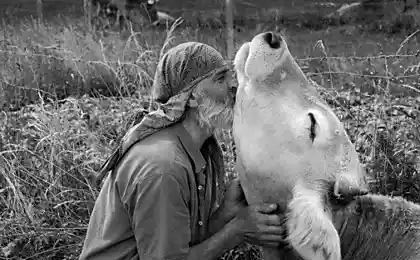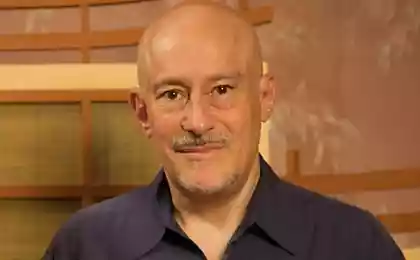207
The human test with a capital letter: ideals or people?

What defines a person with a capital letter? His unyielding devotion to ideals, or his willingness to sacrifice everything for another? Imagine: you have a choice - to defend the principles or save a loved one. What do you choose? What are you willing to give up? This question is not just a philosophical puzzle, but a test of your essence. In this article, we will explore what drives such decisions, take inspiration from examples from history and science, and find practical answers for life.
Who is a man with a capital letter?
It's not just a beautiful phrase. A person with a capital letter is one who rises above the ordinary, is guided by morality and is ready to act, even if the price is high. But what is more important in his heart: abstract ideals or living people? To answer, let’s look at the key concepts.
- Ideals. These are lighthouses that illuminate the path. Justice, freedom, equality – they inspire and force us to move forward.
- Man. Not an abstraction, but a real person with feelings, needs and hopes.
- Self-sacrifice is a bridge between them that requires giving up something dear: time, comfort, and sometimes life.
History Lessons: Ideals vs. People
History is full of examples where this choice became fateful. Take Socrates, the ancient Greek philosopher. In 399 BC, he chose death over flight, defending his ideals of truth and morality. The court sentenced him to poison, but he did not betray his convictions. Now imagine Oscar Schindler, a German industrialist during World War II. He risked everything - wealth, freedom, life - to save more than 1,200 Jews from Nazi camps. His choice is the people.

These stories show that there is no universal answer. Socrates sacrificed himself for ideas, Schindler for ideas for people. What would you choose?
Psychology of Choice: What Does Science Say?
Why do some put ideals above others put people? Psychologists like Abraham Maslow explain this through a pyramid of needs. At the top is self-actualization, where morality and values live. But to get there, you need basic levels: security, love, belonging. If a person lacks support, they will choose people rather than abstract principles.
The World Values Survey shows that in countries with high levels of trust, such as the Nordic countries, people are more likely to sacrifice for ideas because their basic needs are already closed. And in societies with instability, the priority is survival and loved ones. Your choice may depend on where you stand on that scale.
Culture and self-sacrifice
Culture also plays a role. In Japan, where collectivism is in the blood, self-sacrifice for a group is the norm. Remember the samurai who are willing to die for honor. In the United States, individualism often places personal goals above social goals. But even there, heroes who sacrifice themselves for family or friends are admired.
Real Life: Stories That Touch
Let us descend from the heights of philosophy. Imagine Anna, a doctor from a small town. During the epidemic, she worked for days, risking her health to save patients. Her ideal is the duty of a doctor, but she sacrificed for specific people. And now Maxim, an activist who gave up his career to fight corruption. His ideals have cost him stability, but he believes he is changing the world.

These stories are a mirror. We see ourselves in them. Would you choose to fight for the big or defend the small but close?
Practical steps: how to pass the test?
This choice is not only theoretical - it occurs in life. Here are some tips to understand yourself and make a decision consciously:
- Define your values. Write down the three main ideals and the three most important people. What outweighs?
- Weigh the consequences. Is giving up ideals for the sake of a person temporary weakness or strength? Is the sacrifice for ideas selfish or heroic?
- Find a balance. Sometimes you can save both. For example, helping a friend reinforces the ideal of support.
- Practice empathy. Put yourself in the place of the other person, and it will help you to understand whether to sacrifice for them.
- Take action. Small steps, like helping a colleague or standing up for principle, prepare for big decisions.
Conclusion: Your test starts now
Ideals or people? This question is not just a dilemma, but a chance to get to know yourself. History, science and life show that the choice depends on your roots, environment and heart. Someone will give everything for justice, someone for the smile of a child. The key is to be willing to sacrifice when the time comes. So what's more important to you? Answer yourself honestly. Perhaps this is where your big letter lies.
Glossary
- The man with a capital letter A person with outstanding moral qualities, capable of high actions.
- Ideals. Higher principles and values that guide human life.
- Self-sacrifice Voluntary giving up something valuable for the sake of another person or idea.
8 Questions That Will Help You Decide, Break Up or Stay in a Relationship
A test on a person with a capital letter: which is more important - ideals or a person?
